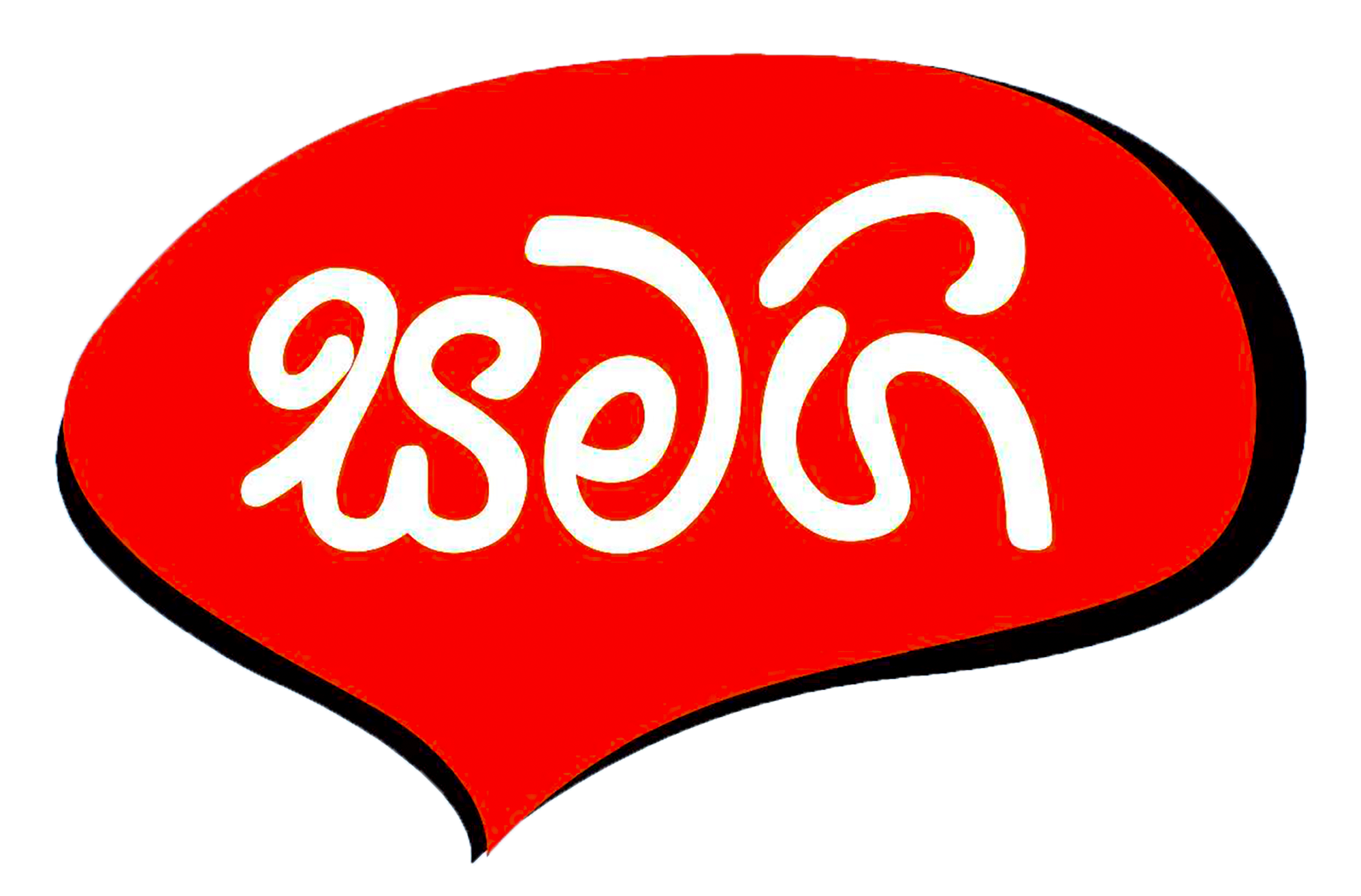Steroids can significantly enhance athletic performance, but their use comes with responsibilities, particularly in terms of diet. A well-balanced diet is crucial for anyone looking to maximize the benefits of steroid use while minimizing potential side effects. Understanding how to balance your diet when using steroids is essential for maintaining overall health, energy levels, and performance.
See posts at https://boosterblog.uk/ to learn how steroids can improve athletic performance.
Key Nutritional Considerations for Steroid Users
When incorporating steroids into your regimen, focus on the following nutrients to support your goals:
- Protein: Steroids can promote muscle growth, making protein intake vital. Aim for at least 1.5 to 2 grams of protein per kilogram of body weight to support muscle repair and growth.
- Carbohydrates: Fuel your workouts by consuming enough carbohydrates. Complex carbs like whole grains, legumes, and vegetables help maintain energy levels and improve recovery.
- Fats: Healthy fats are critical for hormone production. Include sources such as avocados, nuts, and olive oil in your diet while avoiding trans fats and excessive saturated fats.
- Vitamins and Minerals: Ensure a well-rounded intake of micronutrients by eating plenty of fruits and vegetables. Consider supplements if necessary, especially vitamin D and magnesium, which can support overall health and recovery.
Hydration and Steroid Use
Staying adequately hydrated is essential when using steroids, as some can lead to water retention and affect kidney function. Aim to drink at least 8-10 glasses of water daily, and adjust your intake based on your activity level and climate. Proper hydration aids in digestion, nutrient absorption, and overall performance.
Potential Dietary Pitfalls
While steroids may enhance physical abilities, they also come with challenges. Avoid the following dietary pitfalls:
- Excessive Caloric Intake: It’s easy to overconsume calories when trying to build muscle. Monitoring portion sizes is crucial to prevent unwanted fat gain.
- Neglecting Nutrient Diversity: A diet lacking variety can lead to deficiencies. Ensure you include a wide range of foods in your diet to cover all nutrient bases.
- Over-Reliance on Supplements: While supplements can be beneficial, they should not replace whole foods. Focus on getting most of your nutrients from a balanced diet.
Conclusion
In summary, balancing your diet while using steroids is essential for achieving optimal results and maintaining good health. Focus on high-quality proteins, healthy fats, and a variety of nutrients while staying hydrated. Being mindful of potential dietary pitfalls will help you maximize the benefits of steroids while minimizing risks.
